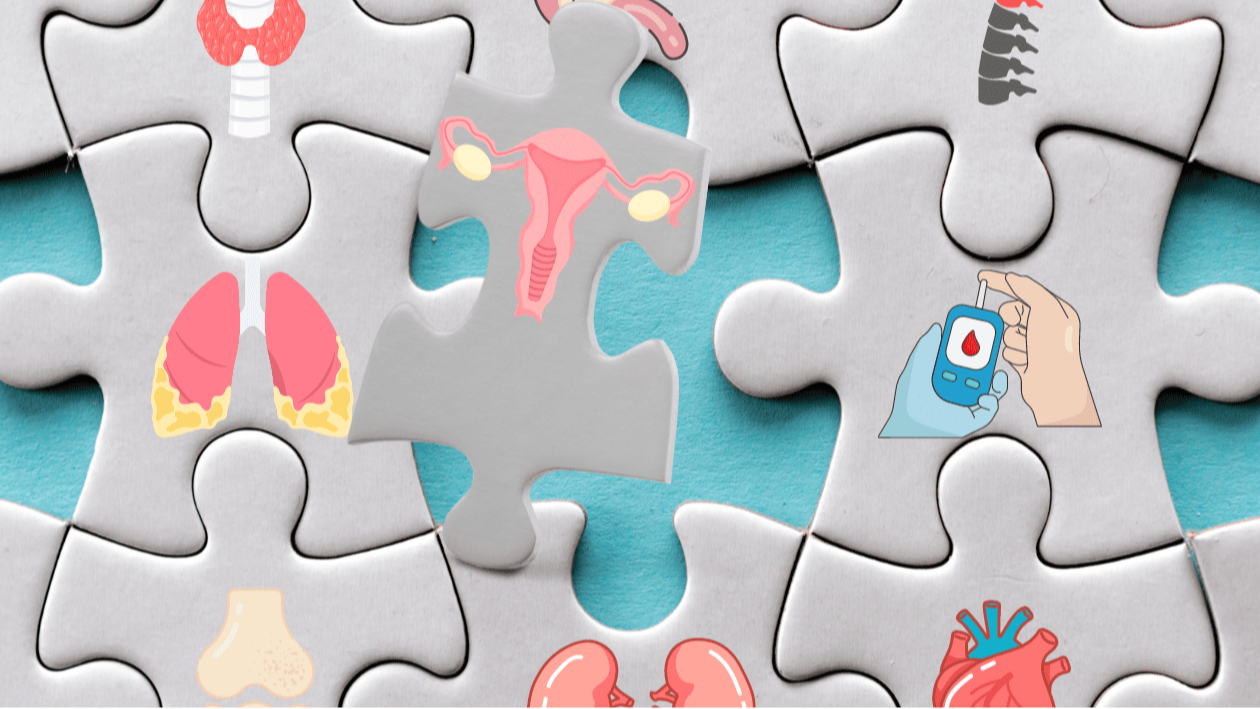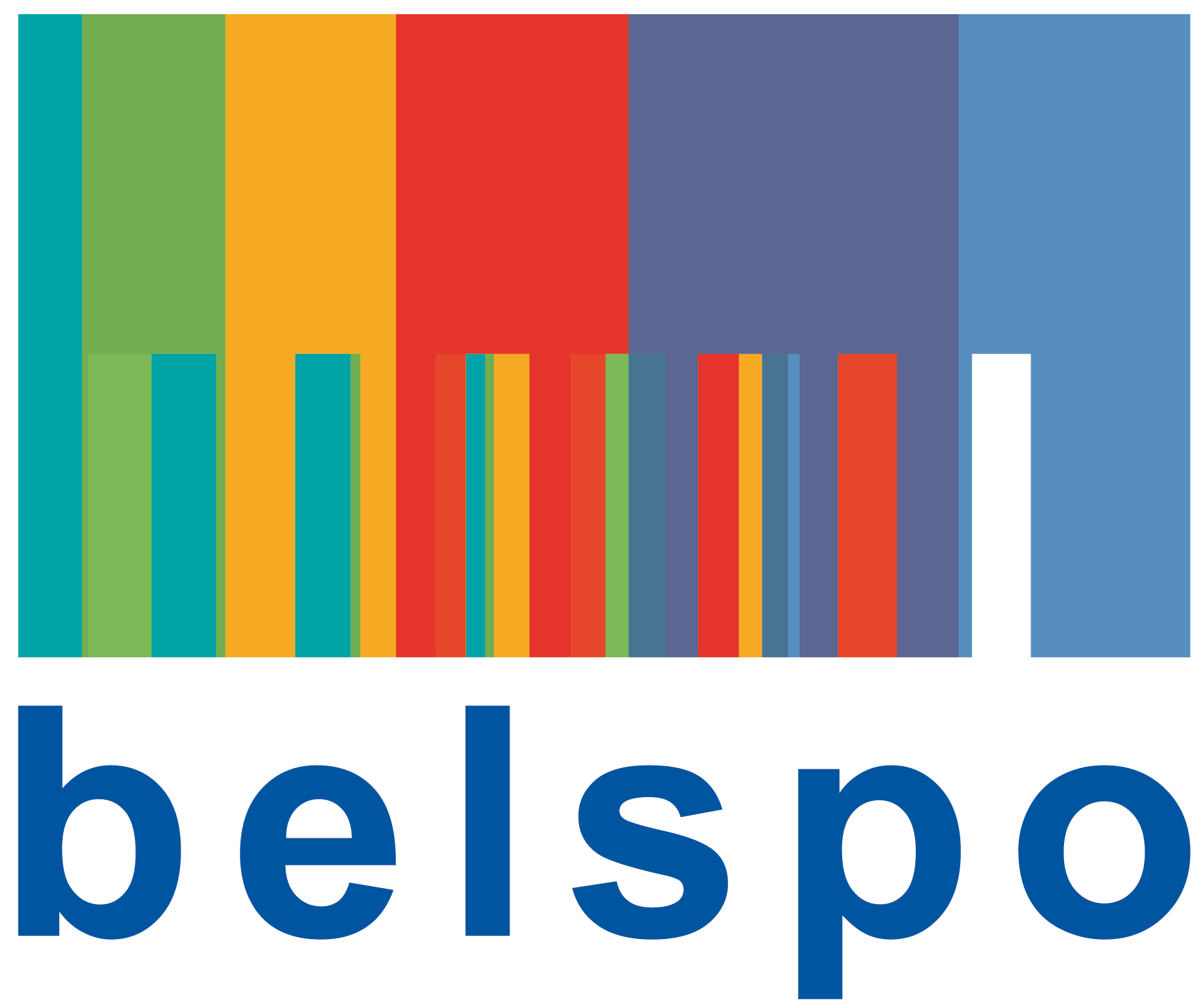
Earlier this year, the NEED team launched two calls for proposals inviting patients, patient organisations, healthcare professionals and the general public to highlight health conditions for which there are patient and/or societal unmet health-related needs. One call for proposal was specific to Belgium, while the other one aimed to identify unmet needs in Europe.
Because it is not possible to evaluate the unmet needs of all health conditions received, two health conditions were selected for the next NEED case studies, via an evaluation and prioritisation procedure developed by the NEED team. The unmet needs of these two health conditions will then be identified following a scientifical methodology, and the results will be available in the NEED database.
Health conditions with potential unmet needs in Belgium
The Belgian call for proposals included a total of 348 submissions. We then:
- Excluded of out-of-scope submissions, such as those focusing on very large groups of conditions (e.g. cancer), on symptoms (eg. muscle weakness and memory loss), or submissions with no diagnosis;
- Merged closely related or overlapping conditions (e.g. hereditary myopathies and mitochondrial myopathies);
- Added 19 health conditions identified through the Belgian Burden of Disease study.
We were left with a total of 118 unique health conditions with potential high unmet needs in Belgium visible in Table 1.
Following the application of the evaluation and prioritisation procedure developed by the NEED team, the two health conditions selected are:
- “Schizophrenia” as the non-rare health condition (case study start date: end of 2024)
- “Sickle cell disease” as the rare health condition (case study start date: end of 2025)
Furthermore, given that almost half of the submissions from the Belgian call for proposals were related to long COVID, we decided to include in the NEED database relevant results from the KCE report 344 (2021) on the needs of patients with long COVID.
Health conditions with potential unmet needs in Europe
A total of 42 submissions were sent in response to the European call for proposals. After excluding out-of-scope submissions (as explained above), 22 unique health conditions with potential high unmet needs were identified (Table 2). Among these, 13 coincide with the Belgian list of identified health conditions (Table 1).
| Table 1 - List of the 118 health conditions identified through the Belgian call for proposals and the Belgian Burden of Disease study | Table 2 - List of the 22 health conditions identified through the European call for proposals | |
| Achondroplasia | Angelman Syndrome | |
| Acute disseminated encephalomyelitis | Cervical dysplasia | |
| Adenomyosis | Chronic Fatigue Syndrome | |
| Attention deficit hyperactivity disorder & attention-deficit disorder | Chronic kidney disease | |
| Adrenocortical carcinoma | Unipolar depressive disorders | |
| Alcohol use disorder | Dry eye disease | |
| Alpha-1 Antitrypsin Deficiency | Ehlers Danlos syndrome | |
| Alzheimer's & other dementias | Epilepsy | |
| Amyotrophic Lateral Sclerosis | Frozen Shoulder | |
| Angelman syndrome | Huntington's Disease | |
| Angina pectoris | Inflammatory bowel disease | |
| Autism spectrum | Long COVID | |
| Cerebral arterio-venous malformations | Menière's disease | |
| Bipolar affective disorder | Nontuberculous mycobacterial pulmonary disease | |
| Bladder cancer | Orthostatic intolerance | |
| Brain cancer | Parkinson's disease | |
| Cerebrovascular disease | Postural Orthostatic Tachycardia Syndrome | |
| Charcot-Marie-Tooth disorder | Primary immunodeficiencies | |
| Chronic fatigue syndrome | Progressive familial intrahepatic cholestasis | |
| Chronic obstructive pulmonary disease | Ring chromosome 20 syndrome | |
| Cluster headache | Spinal Muscular Atrophy | |
| Coeliac disease | Stiff person syndrome | |
| Complex regional pain syndrome | ||
| Congenital anomalies | ||
| Congenital hyperinsulinism | ||
| Cricopharyngeal dysphagia/dystonia | ||
| Cystic fibrosis | ||
| Drug use disorders | ||
| Dry eye syndrome | ||
| Dyspraxia | ||
| Ehlers Danlos syndrome | ||
| Endometriosis | ||
| Eosinophilic oesophagitis & eosinophilic gastrointestinal diseases | ||
| Epidermolysis bullosa | ||
| Epilepsy | ||
| Fibromyalgia | ||
| Fluoroquinolone-induced tendinopathy | ||
| Food allergies (food protein-induced enterocolitis syndrome & paediatric food allergies) | ||
| Fragile X syndrome | ||
| Frozen shoulder | ||
| Functional neurological disorders | ||
| Gender incongruence of children/adolescents | ||
| Gluten intolerance | ||
| Gordon syndrome | ||
| Grave's disease | ||
| Guillan-Barre syndrome | ||
| Hearing impairment | ||
| Heart failure | ||
| Hereditary & mitochondrial myopathies | ||
| Hereditary multiple osteochondromas | ||
| Hereditary spastic paraplegia | ||
| Huntington's disease | ||
| Hyperemesis gravidarum | ||
| Hypophosphatasia | ||
| Idiopathic mast cell activation syndrome | ||
| Idiopathic progressive myopathies | ||
| Idiopathic pulmonary fibrosis | ||
| Primary immunodeficiencies | ||
| Inflammatory polyarthritides | ||
| Irritable bowel syndrome | ||
| Ischaemic heart disease | ||
| Lipoedema | ||
| Long COVID | ||
| Low back pain | ||
| Lung Cancer | ||
| Lyme's disease (with Bartonella) | ||
| Ménière's disease | ||
| Mycoplasma & chlamydia pneumoniae-induced disease | ||
| Narcolepsy | ||
| Neonatal encephalopathy | ||
| Noninsulinoma pancreatogenous hypoglycemia syndrome | ||
| Nontuberculous mycobacteria pulmonary disease | ||
| Obsessive compulsive disorder | ||
| Oesophageal atresia | ||
| Optic neuritis/Devic's disease | ||
| Osteoarthritis | ||
| Osteoporosis | ||
| Paediatric hypertension | ||
| Paediatric kidney failure | ||
| Paediatric primary chronic pain (juvenile fibromyalgia, chronic functional abdominal pain, complex regional pain syndrome) | ||
| Parkinson's disease | ||
| Perinatal depression | ||
| Personality disorders | ||
| Post-intensive care syndrome | ||
| Post-sepsis syndrome | ||
| Postural tachycardia syndrome | ||
| Prader-Willi Syndrome | ||
| Preterm birth complications | ||
| Primary lymphedema | ||
| Psoriasis | ||
| Pudendal neuralgia | ||
| Pulmonary fibrosis (silicosis) | ||
| Pulmonary hypertension | ||
| Pyruvate kinase deficiency | ||
| Rheumatoid arthritis | ||
| Ring chromosome 20 syndrome | ||
| Scabies | ||
| Schizophrenia | ||
| Self-harm | ||
| Sepsis and other infectious disorders of the newborn baby | ||
| Sickle cell | ||
| Sinusoidal obstruction syndrome / veno-occlusive disease | ||
| Sjögren syndrome | ||
| Small fiber peripheral neuropathy | ||
| Subacute sclerosing panencephalitis | ||
| Sudden infant death syndrome | ||
| Susac syndrome | ||
| Systemic autoinflammatory diseases (NLRP12) | ||
| Systemic Lupus Erythematosus | ||
| Systemic mastocytosis | ||
| Tourette's syndrome | ||
| Tinnitus | ||
| Trachea, bronchus, and lung cancers | ||
| Tuberous sclerosis | ||
| Unipolar depressive disorders | ||
| Urinary incontinence (post-prostate op) | ||
| Venous ulcers | ||
| Waisman syndrome |

